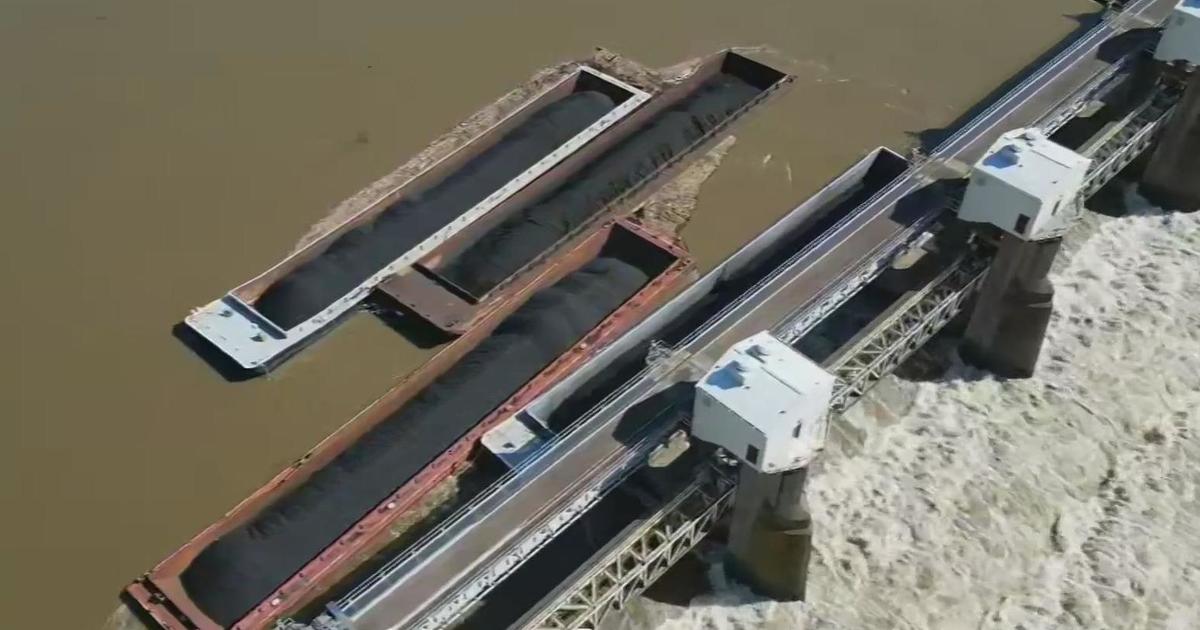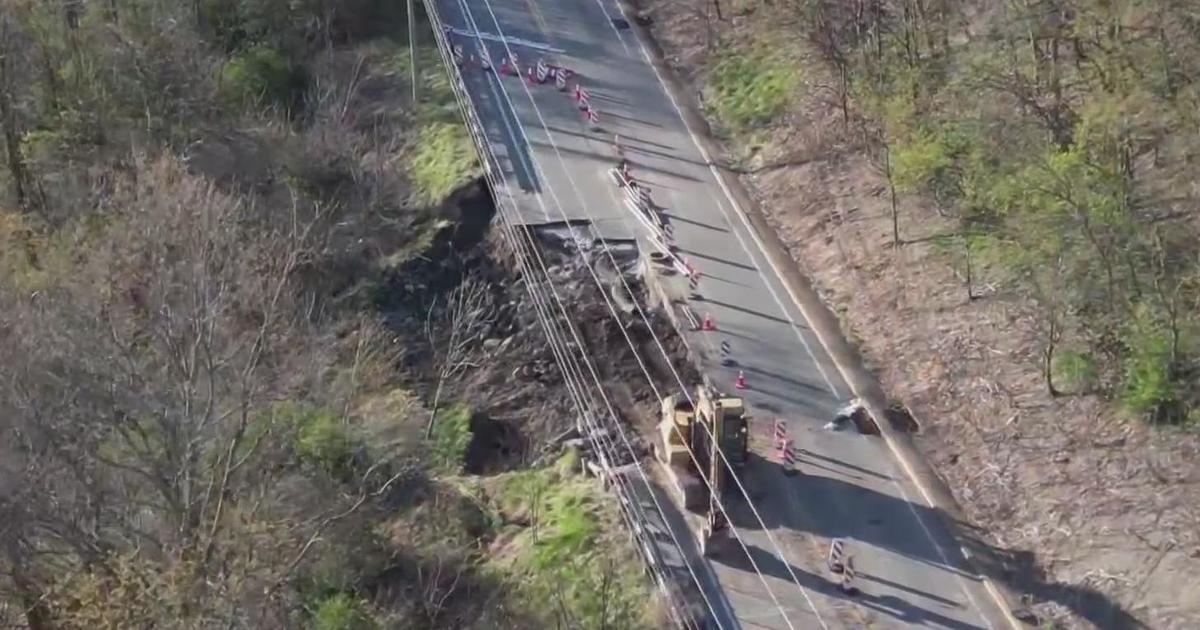New Concerns Over Shale Drilling, Radioactivity Waste
PITTSBURGH (KDKA) - Peters Creek has come a long way back from sewage-laden waterway to trout stream in large part from the efforts of the local watershed association.
"Ultimately the goal is to keep this as a resource for the community, to keep it fishable," Tim Schumann of the Peters Creek Watershed Association said.
But there's new concerns about whether radioactive waste is finding its way into Peters Creek.
Marcellus Shale waste being hauled to the local landfill and leacheate from that landfill is being treated at the municipal water authority.
"I think the major concern would be over long term it would accumulate to levels that might be toxic to people," Schumann said.
The process of extracting natural gas through drilling and fracking produces a lot of radioactivity.
But, is it being properly handled and disposed of? S
Some, like Professor Anthony Ingraffea of Cornell University say we don't know.
"We do not have a definitive answer about this process of bringing radioactive material, which has been safely stored for millions of years into the human environment," Ingraffea said.
The radioactive waste comes in two forms. One is from the so-called drill cuttings -- the rock extracted from drilling gas wells.
The second is from the flowback water from the fracking process.
The water coming back up from the well is filled with solids, which are extracted and pressed into bricks, which are also radioactive.
This waste is taken to a local landfill to be dumped. But, before they're allowed in, they're screened for high levels of radioactivity.
Some so-called "hot loads" have been detected in the state and transported to special disposal sites in Nevada and Texas.
At Tervita's Westmoreland Landfill in Belle Vernon, the operators say the loads are rarely above the level of radioactivity present in our surroundings at all times.
"We understand that people are concerned when they hear radioactivity. But, what people need to know is there is background radiation everywhere from your countertop to your banana peel," Cam Hantiuk said.
Still, the uncertainty about radioactivity has prompted the Pennsylvania Department of Environmental Protection to launch a year-long study of radioactivity produced in the shale gas extraction process.
The industry maintains that it is a safe process, but is perhaps concerned about DEP's findings. As a result, they have launched a study of their own.
"The evidence we've seen to date shows that it's not an open question, but we understand the need for more information, more data, more transparency," Steve Forde with the Marcellus Shale Coalition said.
For now, the debate goes on between those who say fears are overblown and those who want to put the brakes on shale gas extraction.
RELATED LINKS
More Local News
More Marcellus Shale News
More Reports From Andy Sheehan



